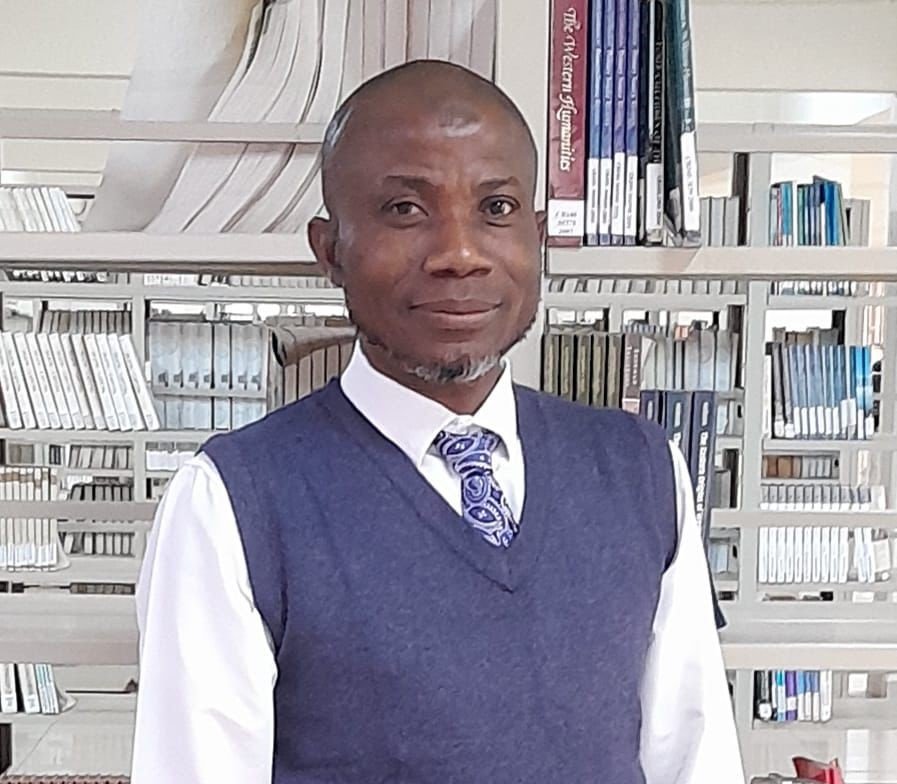Fibre-optic internet providers in Nigeria are dealing with a surge of extortionate demands from estate associations in urban hubs like Lagos, threatening the country’s push to expand high-speed broadband, industry executives told The PUNCH.
The escalating issue, which includes cash payments and monopolistic access deals, has prompted urgent calls for government intervention to safeguard Nigeria’s digital transformation.
Fibre operators report that estate officials in cities like Lagos are imposing conditions far beyond traditional right-of-way permissions. These demands include cash payments, “welfare packages” such as gadgets and airtime for up to 20 estate officials, and funding for unrelated projects like CCTV systems.
In some cases, estates enforce exclusive access deals, creating monopolies for select providers and stifling competition, which ultimately limits consumer choice and drives up costs.
“These practices are turning infrastructure rollout into an expensive and prolonged negotiation,” said an operator, speaking on condition of anonymity due to the sensitivity of the issue. “It’s hurting both investors and consumers and ultimately delaying Nigeria’s digital transformation goals.”
The Lagos State Government has made efforts to address RoW challenges, with the Ministry of Physical Planning and Urban Development issuing a notice in April 2025 to streamline processes for telecommunications companies. However, operators say these gains are being undermined at the estate level, where permissions are increasingly “weaponised for profit.”
The Association of Licensed Telecommunications Operators of Nigeria had previously highlighted the sector’s burden of navigating 54 taxes and levies imposed across federal, state, and local government levels.
These financial pressures are now compounded by estate-level demands, with operators facing harassment, denied entry, and even intentional damage to cables during installations.
A document obtained by The PUNCH detailed a disturbing incident in a Lekki estate, where a technician sent to fix an internet fault was detained by security agents after completing the repair. The facility manager cited unmet demands for monetary contributions and technology handouts as the reason for the detention. The situation escalated, requiring the intervention of local security authorities.
“In another case, a high-end Lagos Island estate remained without internet access for two weeks after executives barred FTTH technicians from entering. The estate, located along a fibre corridor approved by the Lagos State Infrastructure Maintenance and Regulatory Agency, demanded compliance with financial and material requests before allowing work to proceed,” the document stated.
“Operators already comply with regulatory and tax obligations to bodies like LASMIRA and the Nigerian Communications Commission, yet we continue to face these unregulated hurdles,” another operator lamented.
Nigeria currently has approximately 142 million internet subscribers, with an internet penetration rate of 47.73 per cent. However, internet service providers account for only about 285,700 of these subscribers, underscoring the dominance of mobile networks and the underdeveloped state of fixed broadband infrastructure.
The government’s National Broadband Plan aims to achieve 70 per cent broadband penetration by the end of 2025, but infrastructural deficits, high operational costs, and regulatory bottlenecks continue to impede progress.
Operators are now urging the government to intervene by establishing clearer regulations to curb estate-level extortion and ensure fair access for infrastructure deployments. Without swift action, they warn, Nigeria’s digital economy risks falling further behind, leaving millions of potential subscribers without access to reliable, high-speed internet.







